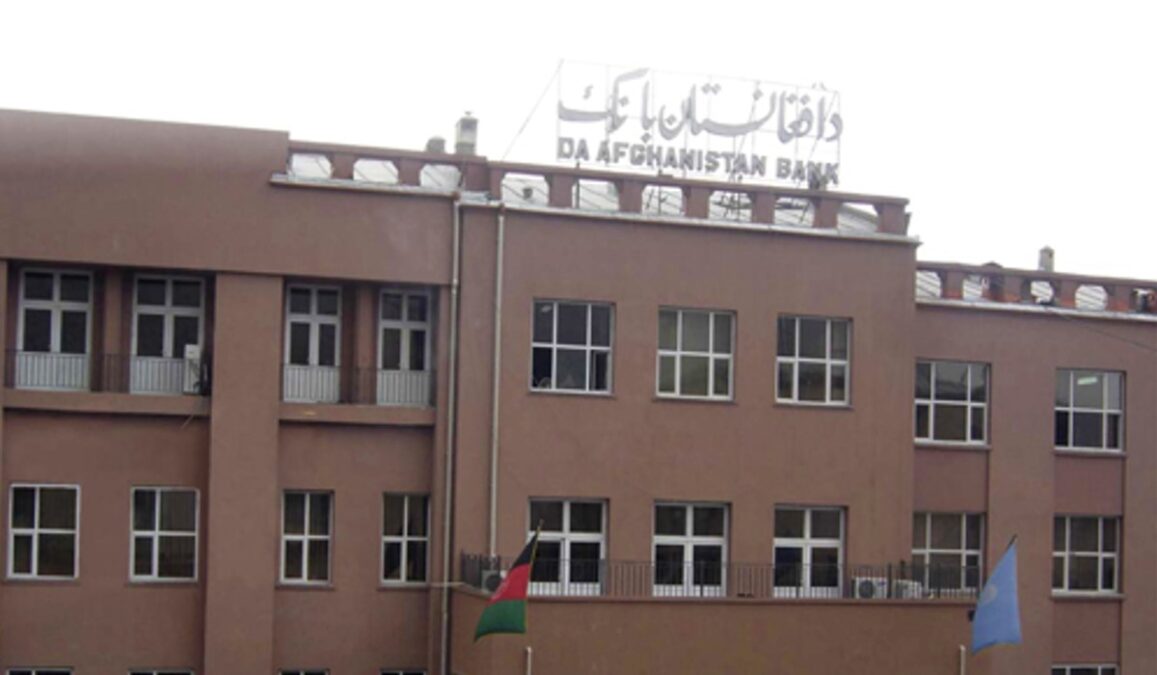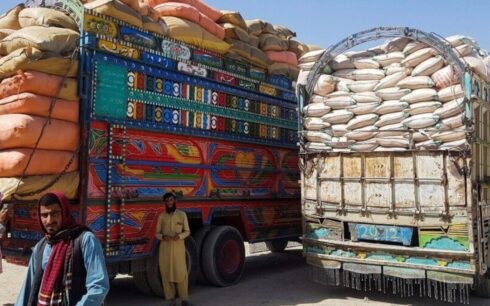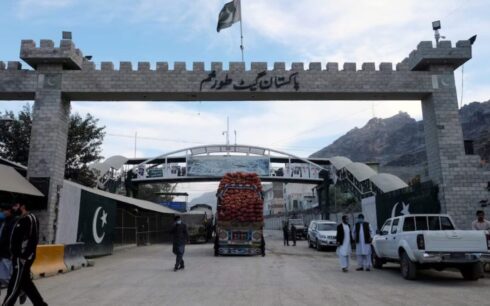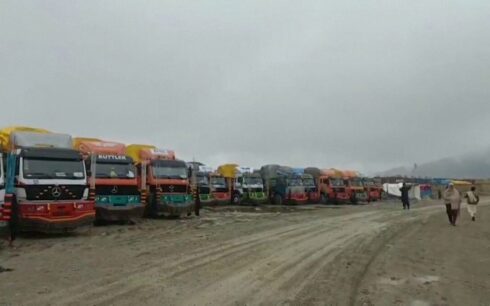The World Bank has reported that a significant brain drain since the collapse of Afghanistan into the hands of the Taliban in August 2021 has resulted in a lack of expertise and capacity at Afghanistan’s central bank, Da Afghanistan Bank (DAB).
The World Bank warned that this issue has further complicated financial regulation and supervision in the country.
“In this context, the perceived anti-money laundering and terrorist financing risks in Afghanistan continue to escalate, resulting in greater isolation of the Afghan financial system from international markets,” the report said.
“In my opinion, the departure of specialists from Afghanistan, particularly specialists who are familiar with technology and they easily get employed in foreign countries. The issue would exacerbate the already paralyzed banking system of Afghanistan,” said Sayed Masoud, an economic analyst.
The World Bank said that the Afghan banking sector suffers from structural vulnerabilities and very limited international connectivity.
“De-risking by international banks has meant that international payments through banking channels have become few and far between,” the report said.
The report added that this has resulted in an increasing reliance on physical cash shipments of over $2 billion since August 2021 into Afghanistan.
The organization also stated that domestic banking channels are also very strained – liquidity constraints and withdrawal limits continue to erode the public’s confidence in the banking system.
“I think people have lost their trust in the banking system and in the current situation that the central bank, which is a very important institution, is disconnected from the entire financial system of the world and the central banks of the world, and this has caused the problems to private banks and for people,” said Siyar Qureshi, a financial and banking analyst.
Meanwhile, the World Bank said that Afghanistan continues to be perceived as a high-risk jurisdiction for international banks and is thus all but cut off from formal international payment channels.
“While some partners continue limited technical discussions with DAB, nearly two years later there is still no clear path for unlocking Afghanistan’s isolation from the international payments’ ecosystem,” the organization said.
“Domestically, increasing reliance on informal service providers has resulted in further marginalization of the formal financial system within Afghanistan. A more sustainable framework is required to facilitate international and domestic transactions for both humanitarian efforts and to support private sector activities,” the report added.





